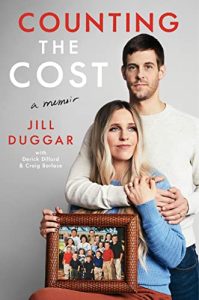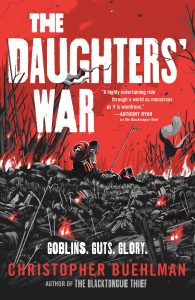
In Rebel Girl: My Life as a Feminist Punk, Kathleen Hanna, the iconic frontwoman of Bikini Kill and Le Tigre, finally tells her story with the same ferocity, wit, and vulnerability that made her music a rallying cry for generations of women. This is not just a memoir about punk music; it’s about survival, identity, and the radical act of using your voice in a world that constantly tries to silence you.
From her chaotic childhood to her rise as the face of the Riot Grrrl movement, Hanna’s voice crackles with authenticity. She doesn’t romanticize the 90s punk scene; she exposes it. Behind the grit and noise were dangers that few dared to speak about: male violence, sexual harassment, and the relentless gatekeeping that made being a woman in punk both revolutionary and risky. Her honesty about the trauma of performing in unsafe spaces and the toll of being a feminist figurehead in a hostile environment is as heartbreaking as it is empowering.
Yet Hanna’s story is not one of bitterness. It’s one of perseverance and self-awareness. Reviewer Amy Del Rio-Gazzo perfectly captures this essence, calling the memoir “raw, honest glimpses into her life” where Hanna’s growth and healing take center stage. Whether she’s recounting her early days screaming feminist anthems in dingy clubs or reflecting on her later battles with Lyme disease, Hanna never loses her voice or her sense of humor. Her writing feels like a late-night conversation with a friend who’s seen it all and lived to tell the tale.
For fans of Bikini Kill, the book offers incredible behind-the-scenes moments: the birth of songs like “Rebel Girl” and “Double Dare Ya,” her collaborations with icons like Joan Jett and Kim Gordon, and her complicated friendship with Kurt Cobain, who emerges as a supportive and genuinely kind presence. As Kristi notes, Hanna’s portrait of Cobain “confirms what we hoped was true” that he stood up for women in the scene when few men did.
Hanna also confronts the Riot Grrrl movement with refreshing candor. While she celebrates its radical beginnings, she acknowledges its flaws, especially its lack of inclusivity toward women of color. It’s a mature and self-critical reflection that shows how much she has grown since those early zine days.
The memoir is not without its chaos, mirroring the music and the movement it describes. Some readers, like CGlee, found the book frustrating at times watching Hanna reject mainstream success out of loyalty to a self-destructive punk ethos can feel painful. But that tension is part of what makes Rebel Girl so powerful. Hanna lays bare her contradictions: a woman fighting for empowerment while trapped in systems that punish ambition. Her refusal to “sell out” came at a personal cost, and she’s honest about that too.
The later chapters bring a sense of peace and stability. Hanna writes lovingly about her relationship with Adam “Ad-Rock” Horovitz of the Beastie Boys, her illness, and her slow recovery. It’s not a fairy-tale ending but a hard-earned moment of quiet strength. As CGlee observes, finding a supportive partner didn’t define her it allowed her to finally breathe.
What sets Rebel Girl apart from other rock memoirs is its unflinching emotional intelligence. Hanna writes like she sings: loud, vulnerable, and utterly herself. Her reflections on feminism, artistry, and resilience make this more than a music memoir it’s a cultural document of what it meant to be a woman screaming for change in a world that wanted you to stay quiet.
Final Verdict:
Rebel Girl is a fierce and unforgettable memoir that captures the essence of Kathleen Hanna’s legacy. It’s chaotic, funny, angry, and deeply human a must-read for fans of punk, feminism, or anyone who has ever fought to be heard. Whether you grew up blasting Bikini Kill or are just discovering the Riot Grrrl movement, this book will leave you inspired to pick up a mic, a pen, or whatever weapon of expression you can find.
👉 Get your copy of Rebel Girl: My Life as a Feminist Punk here: https://amzn.to/4pUHE3A


